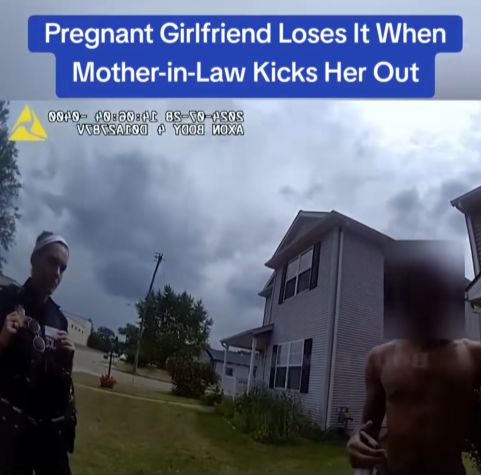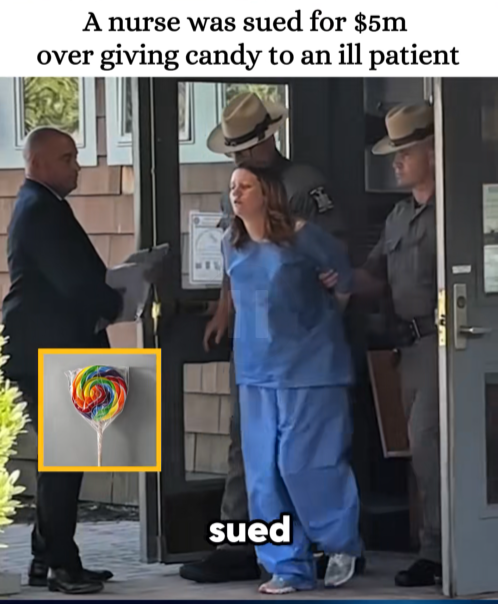A viral social media post claiming that two children have died from carcinogenic ingredients found in Takis snacks has sparked widespread panic among parents — but health experts are urging the public to remain cautious and verify facts before sharing alarming content online.
The shocking claim began circulating across platforms like TikTok, Facebook, and Instagram, often accompanied by emotional videos and captions suggesting that Takis — a popular spicy corn snack — contains dangerous levels of cancer-causing chemicals. One post, featuring a clip of distressed individuals and dramatic text overlays, has already amassed millions of views and tens of thousands of shares.
However, authorities and food safety officials have clarified that there is no verified evidence linking Takis to any child deaths or carcinogenic poisoning. The viral posts appear to have originated from a mixture of old misinformation and exaggerated health warnings about spicy snacks.
Dr. Linda Emerson, a pediatric toxicologist at the American Institute of Food Safety, stated, “There is currently no scientific data proving that Takis contain lethal or carcinogenic substances at levels that could cause death. While overconsumption of extremely spicy or processed snacks can cause digestive irritation, dehydration, or other issues — it’s not accurate to claim that they are deadly.”
The viral panic echoes previous waves of misinformation targeting spicy snack brands like Flamin’ Hot Cheetos and other highly seasoned products, which have occasionally been linked to mild medical incidents such as stomach pain or acid reflux. In those cases, doctors advised moderation, especially among young children, but none resulted in confirmed fatalities.
Takis’ parent company, Barcel USA, released a statement addressing the rumors:
“Our products are tested and regulated under strict U.S. food safety standards. We take all consumer health concerns seriously, but the recent viral claims circulating on social media are entirely false. There have been no verified incidents of death related to our products.”
Despite these clarifications, the rumor continues to spread rapidly online, fueled by emotionally charged posts and sensationalized videos. Misinformation researchers say this pattern is common — emotional or fear-driven content tends to gain traction faster than factual corrections.
“People share these things because they care about their families,” said media analyst Jordan Price. “But false health claims can cause unnecessary fear, hurt businesses, and divert attention from real health issues that deserve awareness.”
Public health officials are encouraging parents to teach children about the dangers of viral misinformation and to rely on reputable sources such as the FDA, CDC, or verified news outlets when it comes to health-related concerns.
While health experts agree that highly processed and spicy snacks should be eaten in moderation, they stress that moderation — not fear — is key. As Dr. Emerson concluded, “It’s important to separate fact from fiction. Spicy chips might make your stomach hurt, but they’re not causing fatalities.”
The viral “Takis carcinogen” rumor serves as yet another reminder of how misinformation can spread like wildfire — and why critical thinking is more important than ever in the digital age.











Leave a Reply